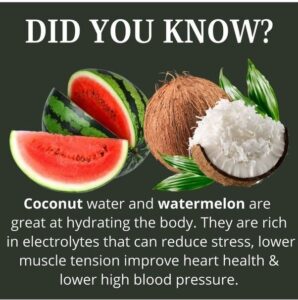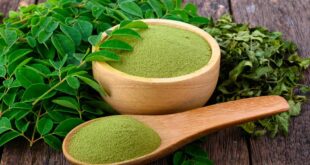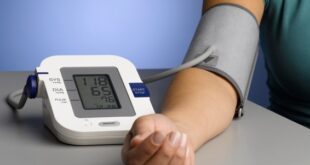You might not feel it creeping up—but high blood pressure is often called the “silent killer” for a reason. It doesn’t always show symptoms, but over time, it can quietly damage your heart, kidneys, brain, and blood vessels. The good news? You can take control of it—starting today—with natural strategies that truly work.

I remember one patient, a 50-year-old man who came into the ER with a severe headache and chest discomfort. His blood pressure was 210/115. He had no idea it was that high. After stabilizing him, we talked about his lifestyle—he had been skipping meals, drinking very little water, and living on processed food. We discussed quick changes he could make, and a month later, his BP was down to 130s/80s, with minimal meds. It’s amazing how the body responds when you give it the right support.
Here’s how to start lowering your blood pressure naturally and safely:
1. Stay Hydrated with Coconut Water & Watermelon
Both coconut water and watermelon are rich in potassium and magnesium—minerals that help relax blood vessels, balance sodium, and lower pressure.
- Coconut water is especially useful because it replaces electrolytes without the added sugars in sports drinks.
- Watermelon contains citrulline, an amino acid that boosts nitric oxide in the body, which relaxes blood vessels.
Try this tip: Blend one cup of coconut water with a handful of fresh watermelon chunks. Drink it chilled, especially on hot days or after exercise. It tastes amazing and nourishes your cells from the inside out.
2. Cut the Salt, Boost the Potassium
Too much sodium stiffens blood vessels and increases pressure. Start reading labels. Most packaged and canned foods are loaded with salt.
- Aim for less than 2,300 mg of sodium per day, ideally under 1,500 mg.
- Eat potassium-rich foods like bananas, spinach, avocados, oranges, and sweet potatoes.
3. Move Every Day
Exercise helps your heart pump more efficiently and reduces vascular resistance. You don’t need a gym membership to get started.
- Walking 30 minutes a day can lower systolic BP by 5–10 points.
- Add in light weights or resistance training 2–3 times a week to improve circulation and heart health.
4. Lose Even a Little Weight
Even 5–10 pounds of weight loss can significantly reduce blood pressure. Excess weight makes your heart work harder. Focus on a slow, steady pace—think progress, not perfection.
5. Breathe. Seriously.
Stress causes temporary spikes in blood pressure, but chronic stress leads to long-term damage. Deep breathing exercises lower heart rate and calm the nervous system.
- Try box breathing: Inhale 4 counts, hold 4, exhale 4, hold 4. Repeat for 3 minutes.
- Add in daily meditation, prayer, or a quiet walk outside to reset your stress levels.
6. Limit Alcohol and Quit Smoking
Both alcohol and tobacco raise your blood pressure and damage your blood vessels. If you’re a social drinker, keep it to no more than 1 drink/day for women and 2 for men. If you smoke, ask your doctor about nicotine replacement therapy, medications, or support programs. Quitting is hard, but worth it.
7. Sleep Like It’s Your Job
Sleep apnea and poor-quality sleep can spike your BP overnight. Aim for 7–9 hours per night.
- Avoid caffeine in the afternoon.
- Keep your room dark and cool.
- Maintain a consistent sleep schedule—even on weekends.
First Aid (Emergency Physician’s Prescription for Sudden High BP):
If your blood pressure shoots up and you’re feeling symptoms like headache, chest tightness, blurred vision, or anxiety:
- Sit down and breathe deeply. Slow your heart rate with deep, controlled breathing.
- Sip coconut water—it helps with hydration and provides gentle support with natural electrolytes.
- Avoid caffeine, salt, and stress triggers until your blood pressure stabilizes.
- Check your BP again in 15–30 minutes. If it’s still dangerously high (over 180/120), or you’re having chest pain, shortness of breath, or confusion—go to the ER immediately.
Your blood pressure isn’t just a number. It’s a signal—telling you how your heart, vessels, kidneys, and nervous system are doing. Small changes—like hydrating with coconut water and watermelon, breathing deeply, and moving your body—create powerful shifts in your health over time.
You’ve got more control than you think. And every choice you make to support your heart is a long-term investment in the life you want to live. Start today. Your future.
 Gistfox Your News Window To The World
Gistfox Your News Window To The World 




